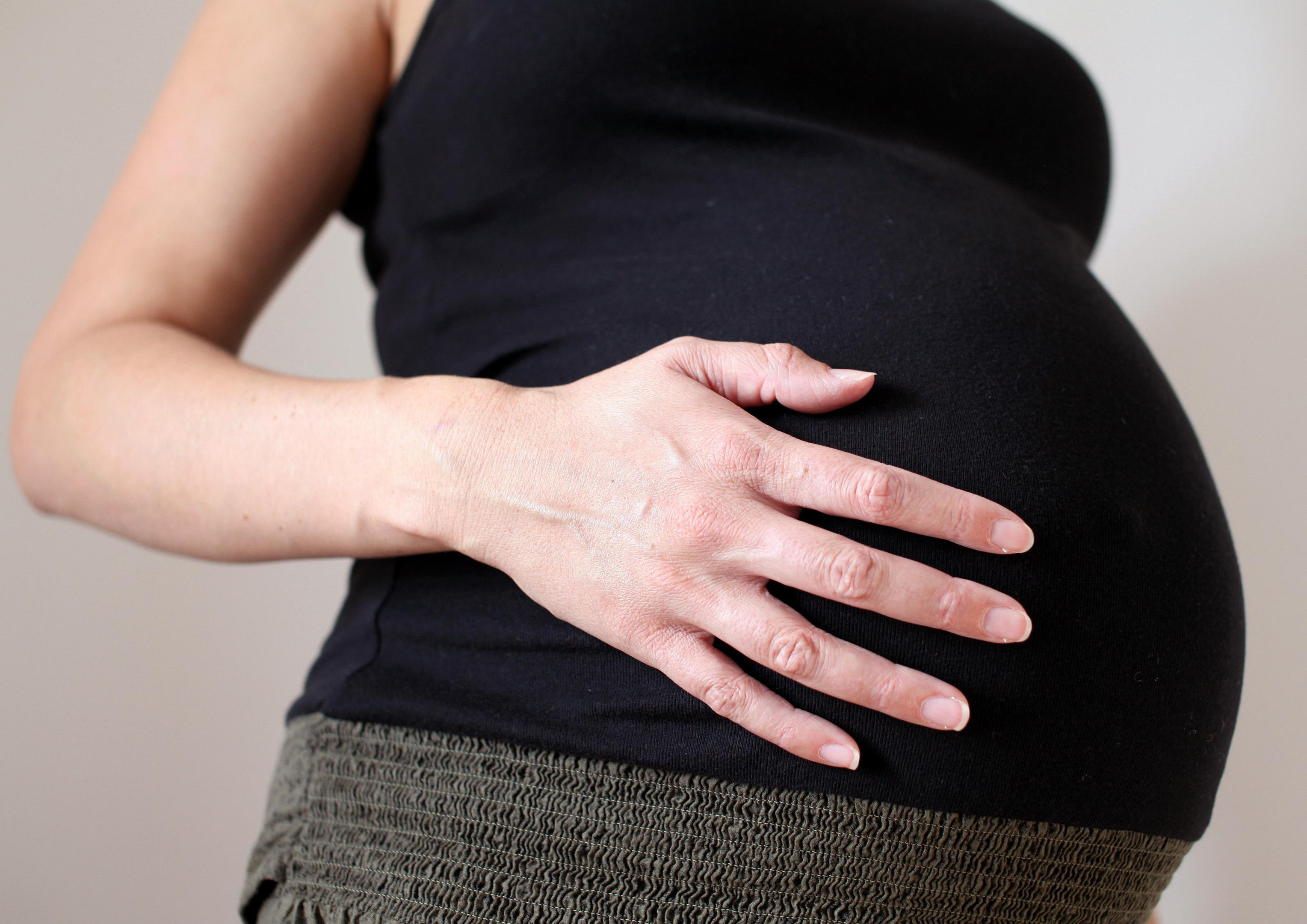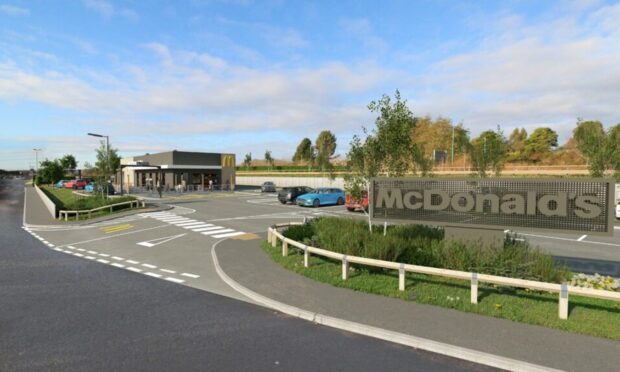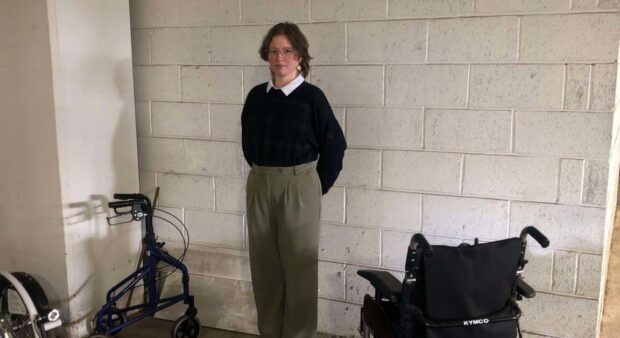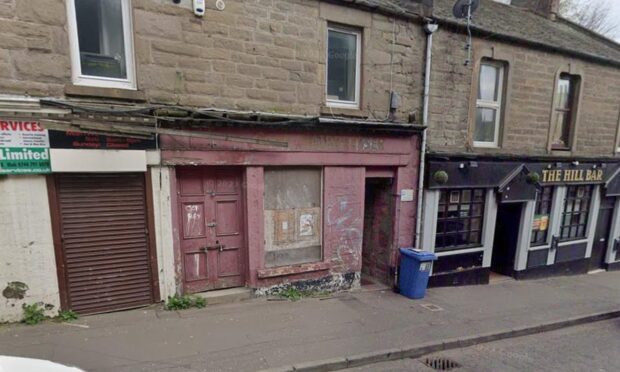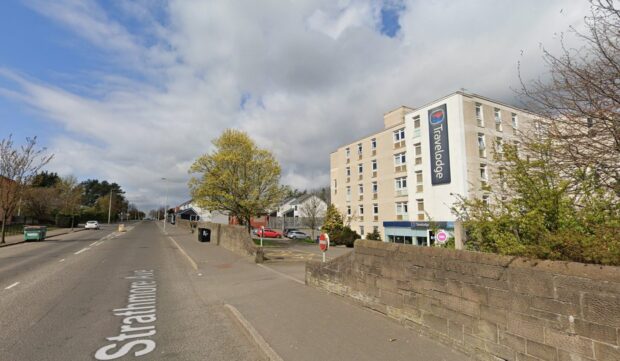Critics have hit out at a “discriminatory” service coming to Dundee that will support women struggling with substance abuse or mental health issues — as long as they commit to taking contraception.
The city has been chosen to be the first in Scotland to trial the Pause scheme.
Supporters say trials in England have shown it can help to break the cycle of women having children who ultimately end up in care.
Women are offered counselling and support if they agree to long-term contraception, usually in the form of an implant or injections.
However, the women’s charity Engender has raised concerns about the method.
Spokeswoman Alys Mumford said: “It is clear to us that offering support conditional on women receiving long-term contraception is interfering in women’s rights to control over their bodies and family situations.
“Clearly the support offered through this scheme can have a transformational impact on women’s lives, but we see no reason why this needs to be contingent on accepting invasive medical treatment.
“Contraception should always be a choice.”
She said the group had concerns about how the Pause programme will impact on women who are already marginalised.
“It will discriminate against women whose religious beliefs prohibit contraception, as well as women unable to use birth control for health reasons,” she added.
“Social and support services should meet women where they are.”
Stewart Hunter, convener for Dundee City Council’s children and families services, insisted Pause was just one way for the local authority to support vulnerable women.
He said: “I do understand the controversy behind this, but we’re trying to support women who really need our help in the city.
“It is a voluntary scheme, no one will be forced into it. And it’s just being trialled at the moment.
“There have been trials already in parts of England and the feedback from women there has been fairly positive so that’s comforting.”
Mr Hunter said the authority was keen to prevent children from entering the care system unless it was absolutely necessary.
“There’s a lot of children taken into care,” he said.
“We’re trying to look at different ways to support vulnerable women and this is just one of the methods we’re looking at.”
Recruitment for the Pause scheme is currently under way.
Mr Hunter said it was too early to say exactly when it would start.
Dundee City Council estimates Pause could help to avoid between six and 10 pregnancies during the 18-month trial scheme.
A report to the authority predicted this could save up to £1.6m over five years if fewer children have to go into care.
